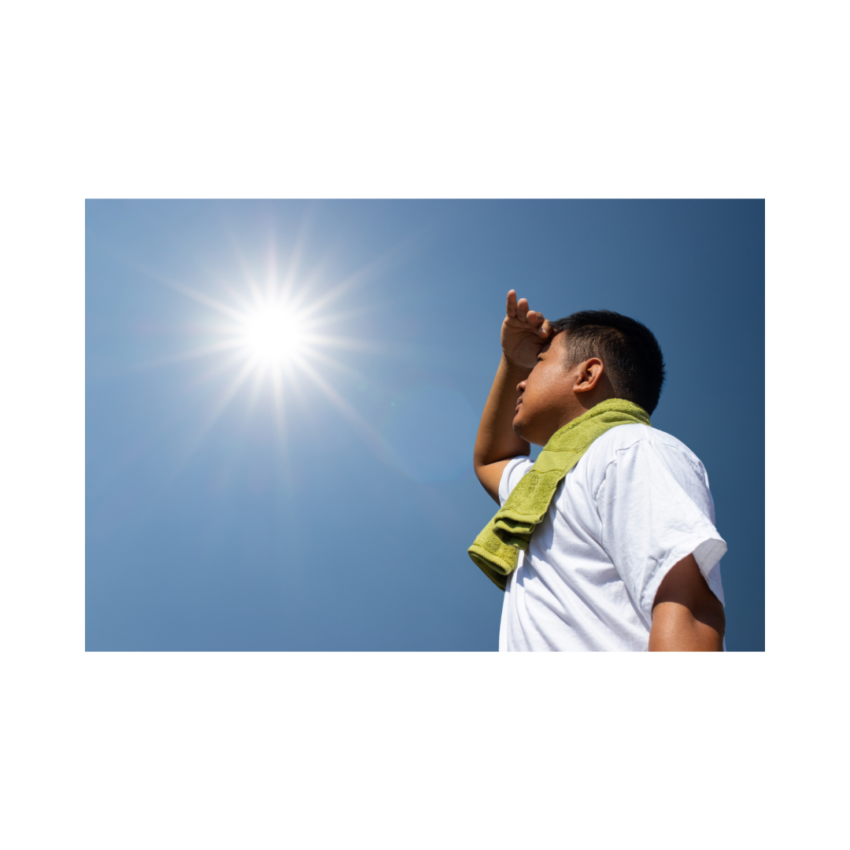Halie Wetherington
reporter@greenepublishing.com
Along with August comes the beginning of school. Although summer is coming to a close, the possibility of heat emergencies such as heat exhaustion or stroke is still present. In the coming days, be sure to be on the lookout for signs of heat stress.
What are the signs and symptoms of a heat emergency?
According to www.healthline.com, the beginning stages of heat emergencies are typically heat cramps, which include muscle pain and tightness.
Heat cramps then lead into heat exhaustion if not treated properly.
Symptoms of heat exhaustion include:
• muscle cramps
• dizziness
• mild confusion
• fast heart rate or breathing
• headache
• irritability
• extreme thirst
• nausea or vomiting
• pale skin
• heavy sweating
• fainting
Heatstroke is the final, and worst, stage of heat emergencies. They include the same symptoms as heat exhaustion, plus:
• body temperature over 104 degrees Fahrenheit
• irrational behavior or hallucinations
• confusion
• rapid, shallow breathing
• rapid, weak pulse
• seizures
• loss of consciousness
• dry skin
To treat heat emergencies, Healthline recommends remembering these three tips:
1. Call 911 or go to the emergency room if the heat emergency is causing vomiting, seizures or unconsciousness.
2. Don't give the person anything to drink if they are vomiting or unconscious.
3. Never offer a drink containing alcohol or caffeine to someone experiencing a heat emergency.
Treating heat cramps, exhaustion and stroke all involve moving the person out of direct sunlight and into a covered area. For cramps, stretch the painful area and drink water and/or sports drinks every 15 minutes. For heat exhaustion and heatstroke, loosen the clothing and apply cool, wet towels to the face, neck, chest and limbs. Drink water and/or sports drinks, but be sure not to drink too fast (if conscious).
Preventing heat emergencies can be prevented by being prepared and cautious when outside. Rest as often as possible, wear light-colored, loose clothing, drink water frequently and avoid alcohol. Make sure not to over-exert yourself and seek help if needed.
Older individuals as well as small children are more susceptible to experiencing a heat emergency, so pay special attention to them when outdoors.

